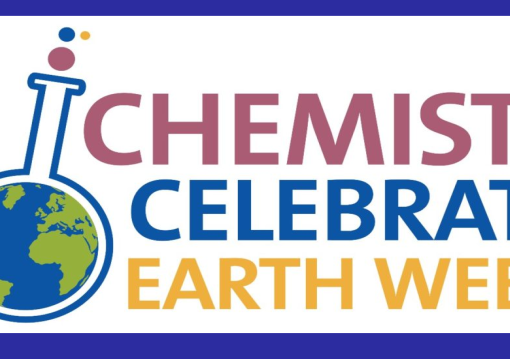Project SEED is a program for economically disadvantaged high school students administered by the American Chemical Society (ACS) that offers a unique opportunity to spend a summer conducting hands-on research with a scientist in a laboratory setting. Project SEED programs are initiated and hosted by research institutions (academic, government, or industrial laboratories). Students work 8–10 weeks and are awarded a stipend.
A Project SEED mentor can be any scientist involved in scientific work in several arenas including academic, industrial, nonprofit, and government facilities. A student project can take many forms but should be accomplishable in 8–10 weeks. It can be part of a larger project but suitable for a student with a minimal science background.
The project should be in a chemically-related discipline and can involve laboratory or field work. The first responsibility is to provide a meaningful research experience, including technical and safety training. Expectations should be clearly defined. The student should have an understanding of the project and its importance within the overall research program. It’s also important to help students develop their communication, presentation, and team skills. One of the major responsibilities of a mentor is to listen and provide guidance.
Basic Mentor Responsibilities
- Provide technical and safety training.
- Provide career guidance.
- Define expectations clearly.
- Meet program deadlines.
- Guide student in writing a final report.
- Listen and provide advice.
The Project SEED application process opens on November 3, 2016 for summer 2017. If you’re interested in becoming a Project SEED mentor, please send an email to Allison457@aol.com.


